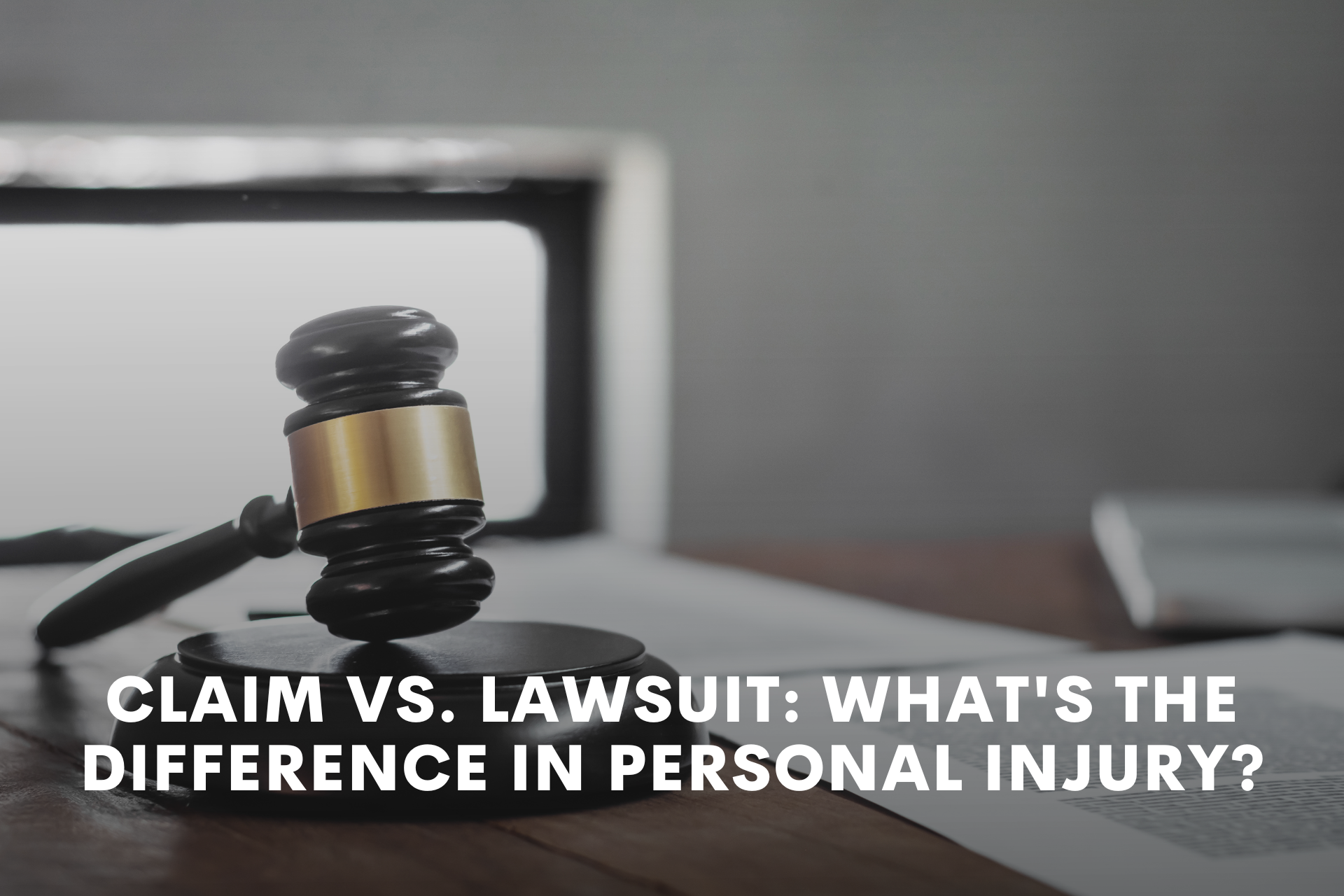Understanding the nuances of personal injury law, including the difference between a claim and a lawsuit, is essential.
While these terms are sometimes used interchangeably, there are differences, and in this blog post, we explore them and provide the details you need to understand these distinct stages in the legal process.
While the primary goal of claims and lawsuits is to secure compensation for the injured, the main differences are in timing, process, and potential outcomes.
Let’s examine the differences between a claim and a lawsuit in personal injury cases.
What’s a Claim?
A claim is the starting step in seeking compensation for an accident or incident.
When a person is injured due to the actions or lack of action (negligence) of another party, whether it’s a vehicle accident, or slip-and-fall incident, or property damage, for example, they have the right to file a claim with the insurance company of the at-fault party.
What’s the Claim Process?
The claim process starts with submitting a claim.
The injured party, known as the plaintiff, will submit a formal request to the insurance company outlining the details of the incident, including the injuries and damages.
A claim should include any relevant information, such as medical records, police reports, witness statements, contact information, and other supporting evidence of the plaintiff’s innocence in the accident.
Once the claim is submitted, it moves on to investigation and evaluation. This process occurs when the insurance company receives the claim and begins its investigation to assess liability and the extent of the damages.
Investigation typically involves reviewing medical records, interviewing witnesses, and sometimes consulting experts in relevant fields.
Once they’ve collected the necessary information, the insurance adjuster reviews the claim and decides whether to accept liability, then offer a settlement, or deny it.
Once the decision is made, the claim moves to negotiation and settlement.
If the insurance company accepts liability, they’ll likely negotiate with the plaintiff or their attorney to reach a settlement agreement.
In the negotiation phase, there are discussions about the appropriate amount of compensation to cover past and future medical expenses, lost wages, to account for pain and suffering, and any damages that resulted from the injury.
If both parties agree to a settlement, then the case is resolved. In this instance, the plaintiff receives compensation without further legal action.
But what happens when both parties can’t settle?
This is when a claim turns into a lawsuit.
What’s a Lawsuit?
Law.com defines a lawsuit as “a common term for a legal action by one person or entity against another person or entity, to be decided in a court of law, sometimes just called a “suit.” The legal claims within a lawsuit are called ’causes of action.'”
Though many personal injury claims are resolved during settlement negotiations, there are times when the dispute escalates.
In these instances, the injured party can take further legal action and file a lawsuit against the at-fault party.
What’s the Lawsuit Process?
If you seek further legal action, the next step is filing a lawsuit.
This involves initiating formal legal proceedings against the at-fault party by submitting a complaint or petition to the court.
This document summarizes essential information, such as the plaintiff’s allegations and the compensation you seek.
Once the lawsuit is filed, the at-fault party receives a copy and can respond.
Before a lawsuit reaches trial, there’s a step known as the discovery phase. This is a pre-trial portion of the process where both parties exchange relevant information and evidence of the case.
It can include anything from witness statements to medical records and documentation reviews that support each side’s argument.
Depositions can also take place where witnesses are questioned under oath.
After the deposition in a personal injury case, the lawsuit can move in several directions, including settlement negotiations, mediation, and trial preparation if necessary.
Next Steps
If you or someone you know has been injured, seeking legal support is crucial.
As experienced personal injury lawyers in Tampa, we understand the steps you need to take to protect yourself and get the compensation you deserve.
Contact us today if you have questions and to schedule your free case evaluation.








